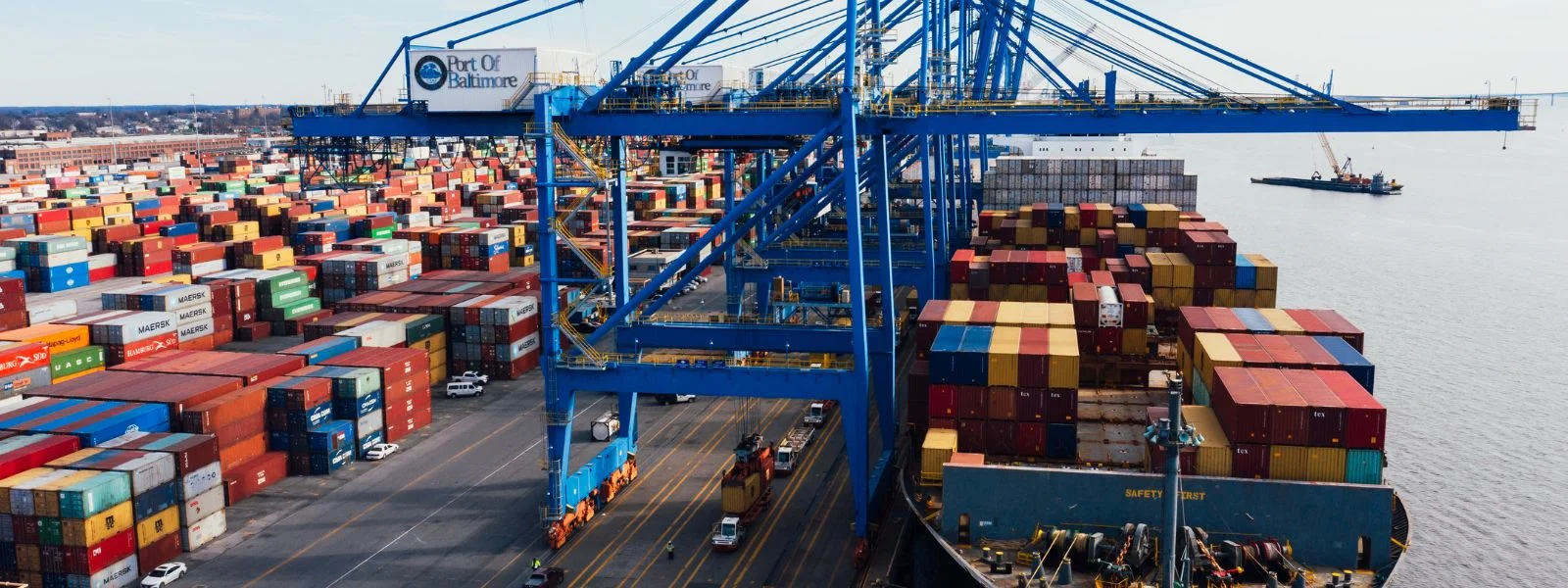Why European Businesses Are Turning to Logistics Outsourcing
5th November 2025

For a growing number of companies across Europe, managing logistics internally has become an ongoing strain on time, cost and operational consistency. That’s not a guess. It’s the reality we hear about every day in our conversations with manufacturers, retailers and distributors trying to stay lean while handling complex delivery demands and shifting supply routes.
We’ve seen the shift up close and have been right at the point where decisions are made, and operations shift hands. This change isn’t about trends or buzzwords. Outsourced logistics solutionsare about efficiency and staying competitive in a stretched market where flexibility matters more than scale.
For many European companies, logistics used to be a function they kept close to because they believed control meant certainty. But with the rising costs of fuel, labor shortages in transport and warehouse roles and ongoing trade regulation adjustments, the logistics function has started to pull more focus and drain internal teams. As operations grow more complicated, some businesses spend more time managing freight delays and routing conflicts than they do driving sales or improving their core product.
That shift in focus is creating gaps. Outsourcing logistics doesn’t mean giving up control. It means regaining focus. By moving this function outside, businesses reclaim time and budget. But more than that, they bring in expertise they can’t afford to build from scratch.
We’ve noticed that what pushes a company to outsource is rarely just one factor. It’s the weight of several persistent issues that finally push the needle. These are the main reasons we’ve heard from clients:
Hiring and retaining warehouse and transport staff is taking longer and costing more than projected.
Fuel price volatility makes forecasting and budgeting unreliable when logistics remain in-house.
Local compliance issues have become more complex, especially for cross-border operations within the EU.
Managing last-mile delivery expectations is stretching internal systems that weren’t built to handle modern volume and velocity.
So, outsourcing becomes less of a risk and more of a relief. Companies stop chasing every part of the chain and instead work with providers who handle logistics all day, every day.
Unlike single-country operations, European businesses deal with multi-border logistics as standard. That means each shipment might involve two or more sets of transport rules, tariffs or documentation needs. Keeping up with those changes internally would require constant training and specialized teams.
This is where working with logistics outsourcing companies Europe allows for a level of flexibility and speed that’s hard to match internally. It also lets businesses scale logistics up or down without expanding internal infrastructure or payroll, especially during seasonal peaks or market shifts. The cost predictability is a bonus, but it’s the ability to move quickly that most clients value.
We’ve seen how clients benefit from outsourcing models that work across borders and meet each country’s logistics demands without slowing down their timelines.
At Global Wave Dynamics, we’ve supported European businesses that needed help making the shift. We work behind the scenes to provide outsourced logistics solutions that simplify freight management without compromising transparency.
Outsourcing logistics is no longer an experiment. It’s becoming standard practice for companies who want to reduce load, increase accuracy and get predictable results. The presence of more competitive logistics outsourcing companies makes the decision easier because there are more options and better fits across industries.
The key takeaway is this: companies aren’t outsourcing for convenience. They’re outsourcing for survival in markets that punish inefficiency. And with more logistics services available today, they have stronger partners than ever.
Outsourcing logistics is not a shortcut. It’s a smart move that allows teams to focus where they’re strongest while trusting experts to manage the moving parts. That shift is saving costs, but more than that, logistics services for European businesses are helping them grow without overextending themselves.